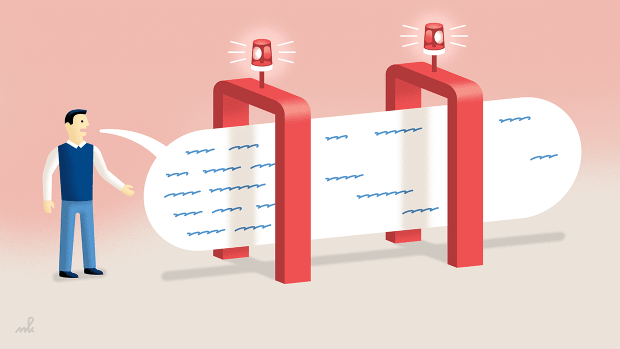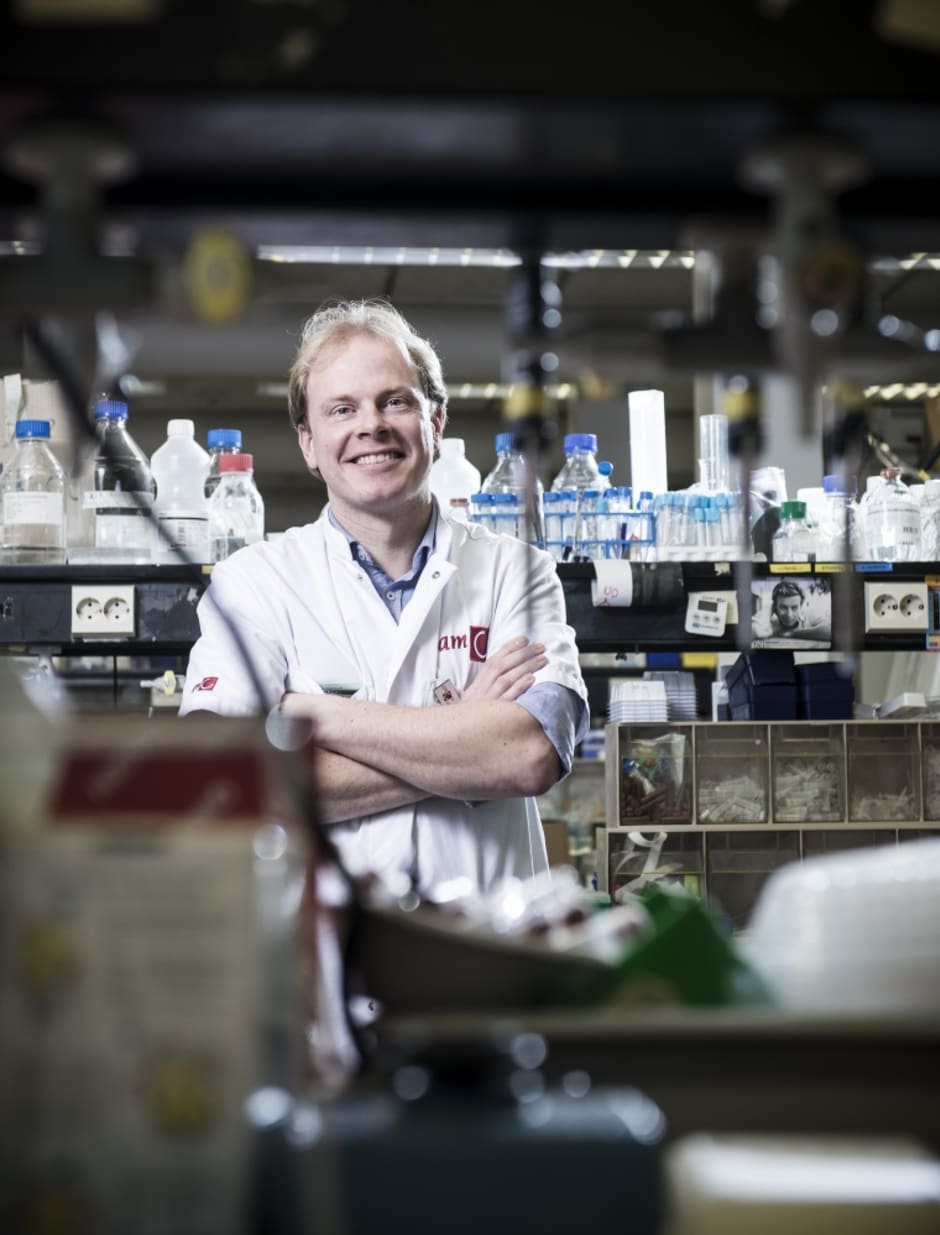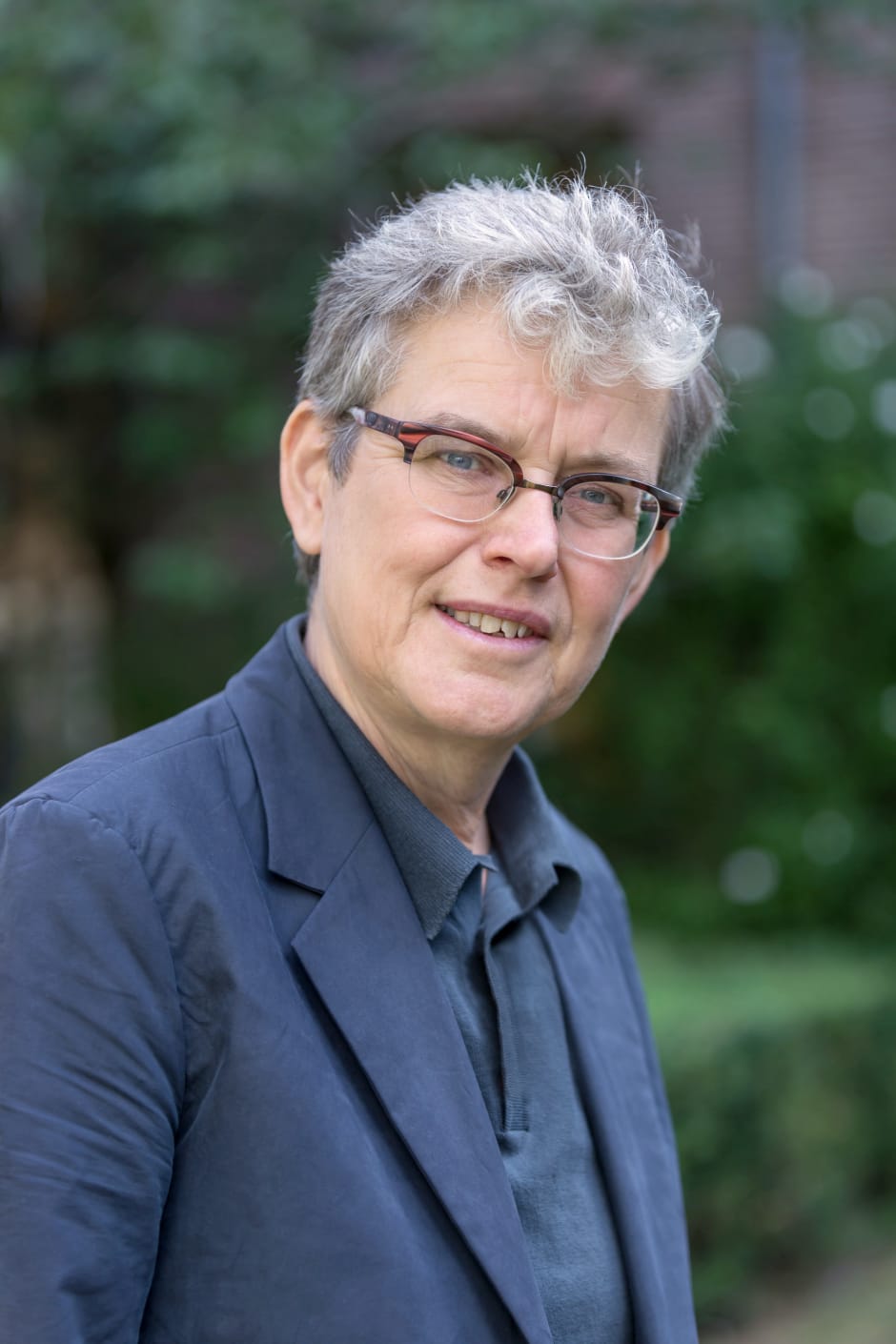
Words like ‘gender’ and ‘LGBT’ now banned at US health institute. What does this mean for academia?
In the United States, Donald Trump’s ongoing fight against “woke” has now reached science. Terms like “gender” and “LGBT” are no longer allowed to be used in yet-to-be-published articles by public health institute CDC. How big is the impact of this political interference on science and what does it mean for Dutch academia?
At the Centers for Disease Control and Prevention (CDC), the US institute responsible for public health, there is a major change of course, international news agency Reuters reports. All scientific manuscripts are being withdrawn because they have to be checked for “banned words”. Among others, terms such as “gender”, “transgender”, “LGBT”, “pregnant person” and “biologically male” are no longer allowed to appear in publications.
CDC scientists who are listed as co-authors in an article from outside the organisation in which these words are used will also be asked to remove their names from the article. This decision is in line with President Donald Trump’s fight against “woke”, in which language plays a major role. Earlier, he decided to recognise only the sexes male and female, and no longer a term like x.

A sad step backwards
According to professor of internal medicine at Amsterdam UMC Joost Wiersinga, such censoring of science represents a sad step backwards. “The CDC’s scientific publications are highly regarded. US infectious disease scientists are among the top in the world. It is essential that public health is not about ideology, research on new outbreaks should be approached objectively and scientifically,” Wiersinga said.
Still, he is not surprised by the current development. For instance, he cites that in 2020, Trump also tried to alter CDC COVID reports in such a way that the outcome would better reflect his sceptical statements about the severity of the virus. That this is an alarming trend is therefore beyond dispute, according to the professor, because demographic characteristics such as gender and sexual orientation play an important role in recognising and treating infectious diseases.
He stresses the importance of including demographic characteristics that are among the prohibited words according to censorship policies. As a recent example, Wiersinga mentions the mpox virus. Anyone can be infected with it, but when the number of infections was at its highest, the virus was mostly found among homosexual men. “In the Netherlands, the epidemic could be effectively tackled in May 2022 by a targeted vaccination campaign among high-risk groups. This vaccination campaign for specific groups was launched after research showed that men who have sex with men are particularly at risk of being infected with the mpox virus. If such terms are no longer allowed to be used in scientific publications, it is difficult to properly tailor the required care accordingly.”

US threat
Wiersinga is not worried about the impact of this censorship policy on Dutch healthcare. “ Since the Netherlands has a very strong public healthcare sector of its own, I do not expect these measures to have a significant impact on healthcare as it is provided in the Netherlands. But we do have to watch out for the influence of political beliefs on healthcare policy in general.”
Geertje Mak, professor of political history of gender in the Netherlands, also sees Trump’s censorship initially primarily as a threat to science in the United States itself. “A state interfering in science at the level of the words you are allowed to use as a researcher makes doing scientific research impossible. Whether you are critical of certain terms or want to use them to enable emancipation or visibility: you need those terms. It makes a mockery of America’s scientific standing.”
Contagious
Still, Mak thinks that Trump’s Anti-Woke movement could eventually affect Dutch and European academia. “It is hard to estimate how significant that effect is, but we see that this kind of threat becomes contagious.” Mak - whose scientific articles are also published in US journals - does not think Dutch scientists will be directly affected. “It won’t happen that fast.”
The National Institute for Public Health and the Environment (RIVM) signed another cooperation agreement with the CDC in 2024, under which they work together on infectious disease preparedness. How does the RIVM view banning words by the US government at an agency like the CDC? Does the institute fear that this will also affect Dutch scientists? According to a spokesperson, there are currently no indications that RIVM scientists’ publications in US journals will be stopped. However, he does not rule out that this could happen in the future.
At the National Science Foundation, which funds science in America, staff combed through “thousands of active scientific research projects” to determine whether they violate president Donald Trump’s decrees. This writes The Washington Post. The intention is to comb through the projects for banned words such as “trauma,” “equity” and “excluded”.
Expressing support
We do have to see the change of course as a threat on the horizon, Mak said. “Here in the Netherlands, the threat is not very immediate at the moment, but I think we should show quick and strong support for the scientists who are affected by this. If they cannot publish their articles, we have to see how we can help them. The more vulnerable people are, the harder it is to keep their backs straight. If someone is told they will be fired if they publish something, what do we do in Europe?”
Besides the medical risks of the CDC’s censorship policy mentioned by Wiersinga, Mak is also very worried about the ethical consequences. “We know that measures against certain groups of people in authoritarian regimes often start with what is initially considered relatively mild,” says Mak. “But eventually this can lead to sowing fear, and isolating groups.”
So it is important for Europe to keep its back straight, says the professor. “It is uncertain how strong the backbone of European scientists will be. I think and hope that by acting this way in science, America is shooting itself in the foot and losing its position in science. Because this is the beginning of censorship, which can affect us all in all areas.”



